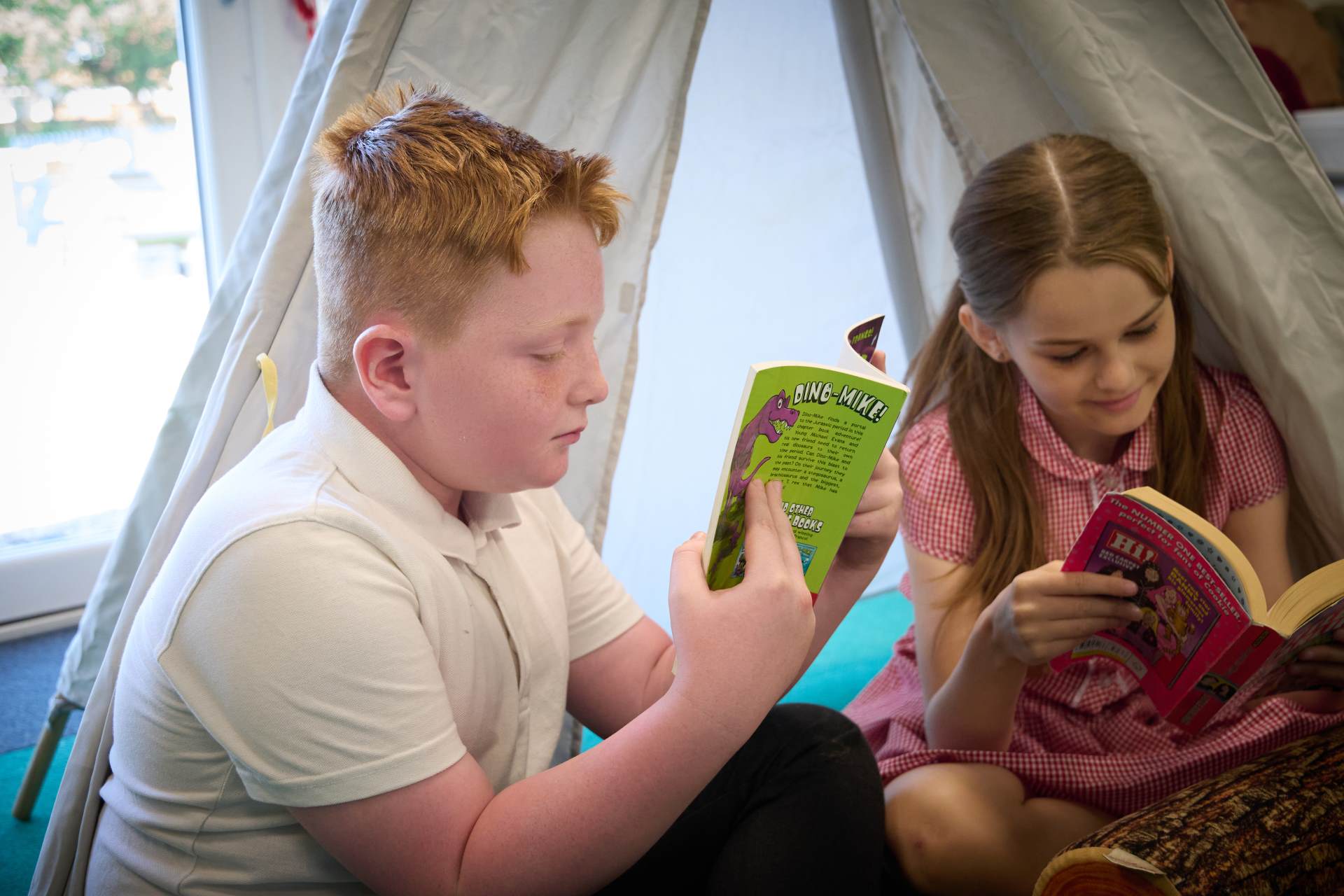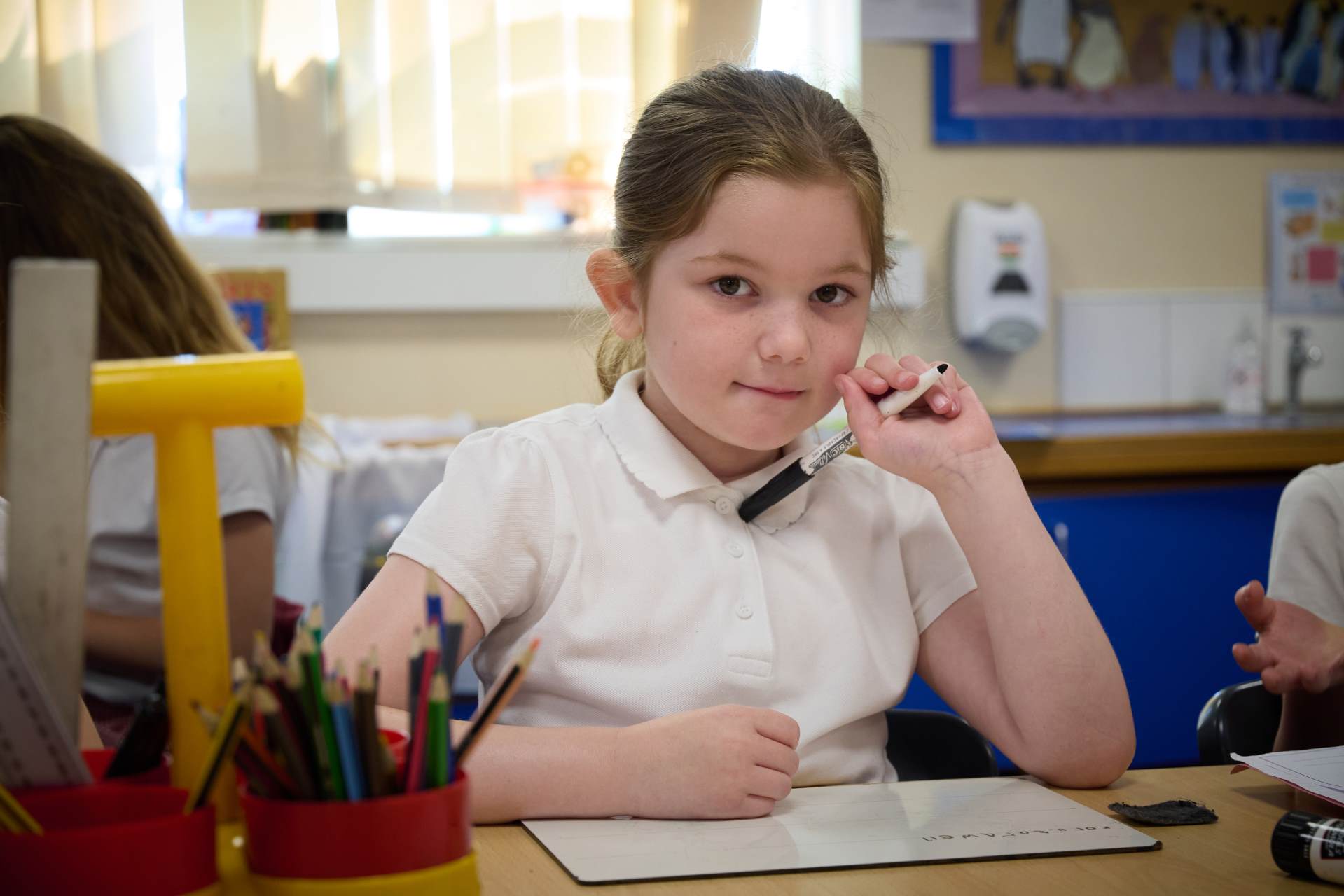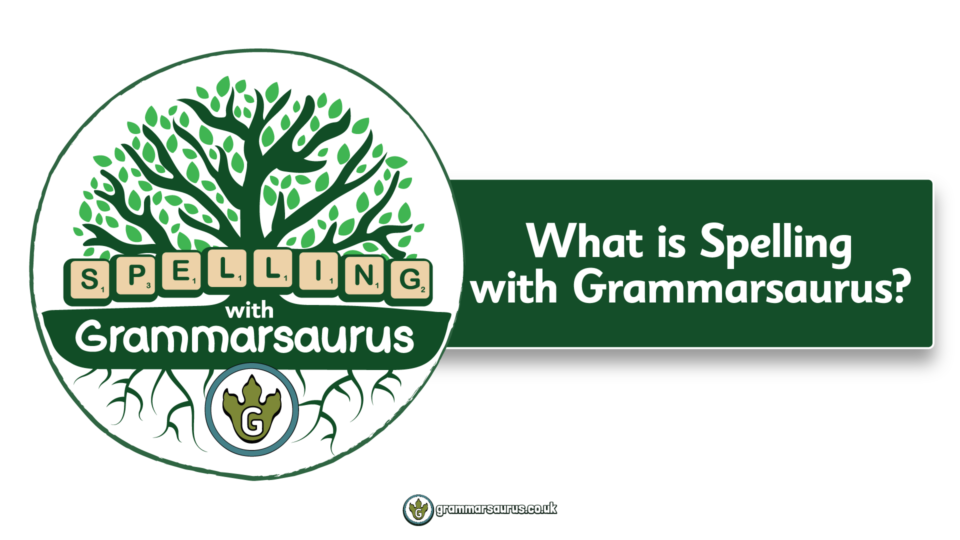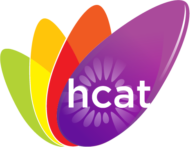Reading

Intent
‘Teach reading. Change lives.’ (Little Wandle Letters and Sounds Revised 2021)
For children to exceed in education and grow to be successful adults, reading is given high priority at Sutton Park. Through our curriculum we intend to teach all children how to read as well as teaching all children why we read.
These goals shape the Sutton Park style of reading instruction to ensure that regardless of background, needs or abilities:
- Pupils are taught to read fluently and with understanding.
- Pupils understand the benefits of reading
- Pupils leave Sutton Park as confident, independent readers with a life-long passion to explore books for pleasure.
Implementation
In reading, we look for opportunities to make links across the curriculum, to look at a topic from a range of subject perspectives and immerse ourselves in appropriate texts that complement our understanding and experiences of the world, develop our vocabulary and are accessible to all but challenging enough for even our most gifted readers.
Direct reading instruction at Sutton Park begins in the early years through daily systematic and synthetic phonics. A recent review of research (Castles, Rastle and Nation 2018) collated over 300 studies to highlight best practice in early reading instruction: a phonics based approach. Therefore, following the Little Wandle, Letters and Sounds Revised Programme, we provide a synthetic approach to the teaching of phonics, from Foundation Stage, through to Year 1 and on into Y2 and KS2 if appropriate. The programme focuses on securing word recognition skills, essential for children to decode (read) and encode (spell) words accurately and for language comprehension. The program is complimented with purposeful talk and the use of shared reading experiences which expose children to a wider range of vocabulary and genre. Phonics is taught daily in classes as well as in smaller group or individual ‘keep up’ sessions . Each session follows a four-part structure for children to revisit their previous experience, be taught new skills, practise together and apply what they have learned. Teachers draw upon observations and continuous assessment to ensure children are stretched and challenged, and to identify those children who may need additional support.
In Year 1 phonics continues to progress through Little Wandle Letters and Sounds Revised with daily lessons until children are secure with decoding. Children identified as needing extra support are given suitable intervention in the form of additional daily ‘keep up’ lessons. Children’s fluency and comprehension is developed through small group reading sessions, which sees children read 3 times per week in small groups with an adult, and whole class reading. All children on the phonics programme take home a reading book carefully matched to the sounds or content they have learnt, ensuring that they can access suitable material. This is also supported by the children taking home a reading for pleasure book that they can share with an adult at home. By KS2, we expect all children to be ready for whole class reading sessions which are undertaken most days.
Whole class guided reading
The focus is on vocabulary development, the development of specific reading skills as outlined in the national curriculum and immersion in a wide range of texts. These lessons use class texts (which are often, but not always, linked to the class topic) as a stimulus. KS2 pupils will study at least one novel each term, with KS1 accessing several appropriately pitched texts. Their reading lessons are supplemented with a variety of other genres including picture books, poetry, song, film and non-fiction. The teaching staff choose the key texts to ensure that reading challenge is both progressive throughout the age range and provides a broad range of genre, themes, cultural experience and gives consideration to equality.
We have high expectations for our pupils, so we choose texts that are challenging – with vocabulary that even our most gifted readers will not have experienced. We do this so that children are exposed to more ambitious vocabulary – safe in the context of whole class reading where concepts are explained by the teacher through ‘book talk’. Tier 2 words (usually from the key text) are planned and explicitly taught during reading lessons and across the curriculum – often preloaded in order to scaffold and help all children access age-related class reads.
Teachers plan lessons for children to practise responding to a text in a variety of ways to demonstrate their understanding and appreciation. This includes providing opportunities to share what a word or text means to them through regular book talk; annotating texts with ideas, predictions, discoveries and questions; visualising and performing; relating their experiences and expressing what they like and don’t like. Children are taught to compose written responses to answer questions of varying cognitive demand and posed in a variety of different ways to assess their ability.
Fluency
We continue to develop fluency, speed and stamina in a variety of ways to ensure reading is not formulaic and disengaging to the children. These include reading aloud, reader’s theatre, echo reads, partner reads and group reads. This enables teachers to hear every child read individually at least fortnightly. All teachers read to the children every day; both during reading lessons and as ‘class read for pleasure’ which is an enjoyable way to end the day. Staff show pupils that they enjoy reading and model fluency and comprehension.
Home reading
At Sutton Park, we understand the importance of developing a collaborative approach to reading with parents. Children who read and are read to in the home, are more likely to read for pleasure, achieve academic success and lead fulfilled adult lives. To this end, we involve parents at every step of the journey.
EYFS/KS1
We hold termly phonics and reading sessions where parents are invited into the setting to observe their child’s teacher, teaching a phonics session. This also gives our families the opportunity to ask any questions regarding the development of reading at home.
An annual meeting delivered at the beginning of the academic year, introduces parents and families to the expectations of reading and phonics within their year group.
KS1/KS2
We encourage parents to read with their child at least 5 times per week as part of our ‘Regular Readers’ program. This commitment is monitored by the staff and any children who begin to fall behind are quickly identified and additional reading support is put into place.
Reading for Pleasure
We provide many opportunities for children to develop a love of reading throughout the school year and we work hard to ensure reading is celebrated as a highly regarded subject at Sutton Park. On top of daily story-times for pleasure, a welcoming and accessible library which is distributed throughout the school, classroom reading areas and interactive reading displays, quality key texts and lessons that are creative and engaging and our very own reading teddies, we hold many reading celebrations and extra-curricular activities. We hold an exciting World Book Day event each year which sees children dressing up and enjoying a carefully chosen theme for the whole school and fun and exciting activities arranged for the day. We work with local and national authors and illustrators to visit the school and talk to them about their work and some children take part in the regional book awards challenge hosted by Hull Culture and Leisure. We run a daily book swap where any member of our school or local community can come and swap a book for another to encourage reading for pleasure not just amongst our children, but also our parents and carers as well.
Impact
Our overall aim is for our pupils to read fluently and with understanding. We strive for pupils to understand the benefits of reading – as a crucial life-skill necessary for accessing and achieving academic success in all areas of the curriculum and beyond. We endeavour for our pupils to leave Sutton Park as confident, independent readers with a life-long passion to explore books for pleasure in order to be able to lead a culturally fulfilled life. We firmly believe that reading is the key to all learning and so the impact of our reading curriculum goes beyond the results of the statutory assessments. We give all children the opportunity to enter the magical worlds that books open up to them. We promote reading for pleasure as part of our reading curriculum and our children are encouraged to develop their own love of genres and authors and to review their books. This enhances a deep love of literature across a range of genres, cultures and styles.
Writing

Intent
Like reading, writing is a core skill and as such, we strive to provide purposeful opportunities for children to transfer and make effective use of their writing skills across the curriculum.
Writing at Sutton Park is closely related to the texts used for daily reading practise and topic work, with teachers drawing out opportunities for writing intended to excite and inspire. By utilising texts they are exposed to daily, pupils have opportunity to develop their depth of understanding about different subjects, characters and settings, allowing them to communicate their knowledge confidently, creatively and effectively.
Although it is a discrete subject, writing is an essential skill for pupils to access the wider curriculum and world. As a result, we strive to develop pupils’ understanding of the key ingredients of a range of writing styles and text types so that they can develop in to independent, confident, creative writers who are able to express their thoughts, feelings, ideas and opinions and enjoy the writing process.
We aim for pupils to:
- consistently apply accurate spelling, punctuation and grammar
- communicate clearly for a range of audiences and purposes
- be resilient, developing their writing to be precise, well-considered and effective
- take pride in their work, presenting it in a clear, legible, fluent handwriting style
Implementation
Children begin their writing journeys from vastly different starting points and so, at Sutton Park, we follow a clear sequence to ensure everyone gets the instruction they need.
Whilst writing is taught as a subject in its own rite, we also strive to make connections across the curriculum to build in meaningful, purposeful writing opportunities which will engage and excite children to produce creative pieces that draw on their knowledge and understanding of the context in which they are writing.
All writing units follow a similar sequence:
Writing at Sutton Park begins in the early years through a range of activities intended to develop fine and gross motor and speaking and listening skills as well as daily systematic and synthetic phonics (delivered through Little Wandle) where children begin to make connections between the spoken and written word- laying the foundations for accurate spelling.
In KS1, pupils continue to develop accuracy in their spelling through daily phonics delivery and opportunities to apply this to written tasks where the focus is on securing basic punctuation and grammar skills within sentences and expanding their vocabulary bank. In Year 2, children work towards a cursive script to support them with the speed and fluency of their writing as they begin to develop resilience by producing more sustained written pieces.
In KS2, pupils build on their growing knowledge and understanding of spelling, punctuation and grammar, with the focus being on becoming more accurate, consistent and well-considered in their writing choices for a range of audiences and purposes.
As a school, we use the programme Spelling with Grammarsaurus which supports Y2-Y6 with their spelling progress through specific teaching of the morphology and etymology of words.

Impact
Our overall aim for our pupils reaches far beyond statutory assessments- whilst we want them to achieve academically, the ultimate goal is for them to be given opportunities to explore and play with language in order to be able to communicate effectively with the world around them. Pupils should leave Sutton Park with a range of experiences in writing that will mean they are confident and capable of using their knowledge and understanding for a range of purposes.



